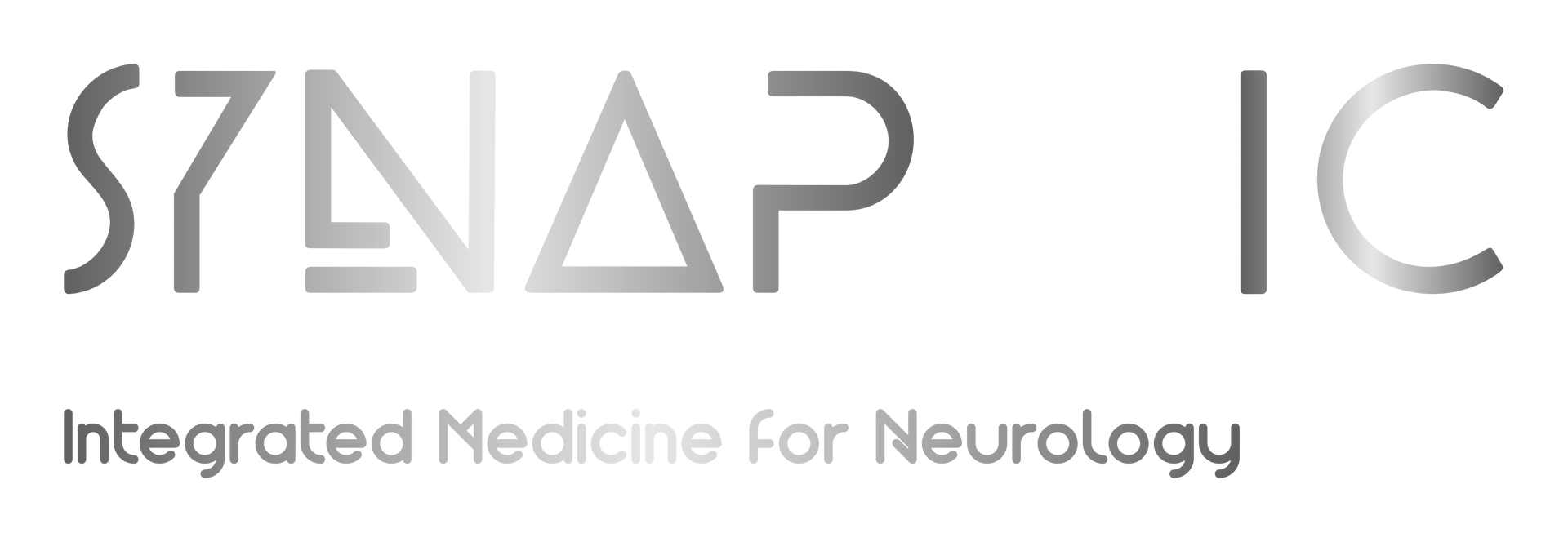
Post Traumatic Stress Disorder
TREATMENT
Using ultra-fine Japanese acupuncture needles and various non-needle, electromagnetic stimulation techniques, our targeted neuromodulation therapy addresses the neurological aspects of PTSD. This approach is designed to modulate the brain's response to stress and trauma, aiming to stabilize emotional responses, enhance emotional regulation, and diminish the intensity of PTSD triggers rather than just reducing symptoms.
Why Effective:
- Emotional Regulation: Helps stabilize the brain’s emotional responses, reducing the severity of reactions to PTSD triggers.
- Neurochemical Balance: Modulates neurotransmitters like serotonin and dopamine, crucial for managing mood and reducing susceptibility to anxiety and depression.
- Cognitive Resilience: Enhances neural pathways to support cognitive processing and reduce the impact of traumatic memories, fostering a healthier mental state.
Our botanical medicine approach uses natural compounds that provide calming, anxiolytic, and neuroprotective effects, specifically chosen for their efficacy in managing PTSD symptoms.
Why Effective:
- Natural Anxiolytic: Utilizes herbs that naturally reduce anxiety and promote relaxation, essential for those with PTSD.
- Neuroprotection: Protects brain health and combats the neurobiological impacts of chronic stress and trauma.
- Neurotransmitter Balance: Modulates neurotransmitters like serotonin and GABA, which are crucial for mood regulation and anxiety reduction.
Neuropsychological assessments in PTSD are crucial for understanding the cognitive and emotional impacts of trauma. These assessments help tailor personalized therapeutic strategies to address both the overt and underlying symptoms of PTSD.
Why Effective:
- Cognitive and Emotional Insights: Provides a detailed understanding of how PTSD affects cognitive functions and emotional regulation.
- Tailored Therapeutic Strategies: Enables the development of customized interventions that target specific PTSD symptoms and coping mechanisms.
- Progress Monitoring: Regular assessments ensure that treatments are effectively addressing PTSD symptoms, allowing for adjustments as needed.
- Reduced Symptoms: Patients experience a significant decrease in PTSD symptoms, including fewer flashbacks, reduced anxiety, and improved sleep quality.
- Emotional Stability: Treatment leads to better regulated emotions, with noticeable reductions in depression and hypervigilance, resulting in a more stable and balanced mood.
- Enhanced Relaxation: Lower cortisol levels contribute to a more relaxed state, decreasing the occurrence of panic attacks and promoting overall calm.
- Cognitive and Emotional Resilience: Enhanced neuroplasticity facilitates the recovery of cognitive functions, reducing intrusive thoughts and improving the ability to handle emotional stress.
- Elevated Quality of Life: Patients report improved engagement with life’s activities, increased satisfaction in personal and professional relationships, and overall enhanced daily living.
- Long-term Resilience: The adoption of adaptive strategies and coping mechanisms leads to sustainable improvements in managing PTSD symptoms, fostering long-term emotional health and resilience.



